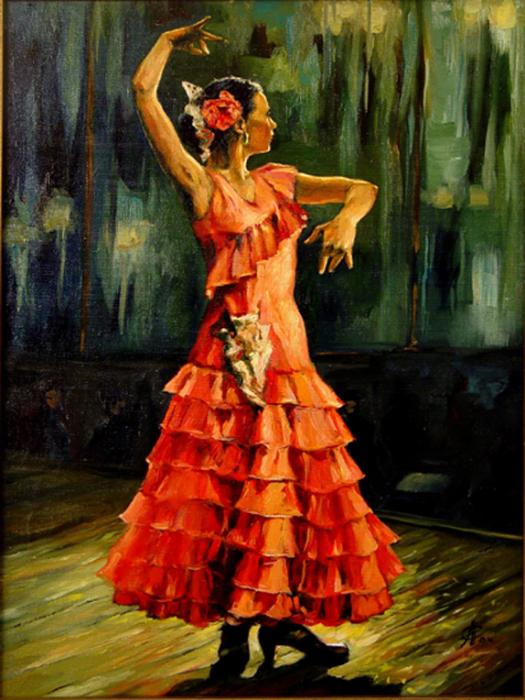Просмотр содержимого документа
«Раздаточный материал для урока "Стереотипы - вымысел или реальность?"»
Nationalities and Stereotypes
Look at these pictures and answer “What nationalities are the people? What makes it easy for you to identify them?”







What can we learn from different cultures?






Look at these pictures and decide to which cultures belong these different types of pastime.
What other traditional activities or occupations of different cultures do you know?
Watch Video and remember other special national occupations and hobbies.
Which country would you like to visit because of its national pastime?
Culture Shock
Some advice on what you should do in different situations around the world.

Body language
Most travelers enjoy meeting new people, but sometimes you can be rude without saying anything. In Russia, for example, you should never shake hands in a doorway, and if you are in Thailand, never touch people’s heads. When the Japanese meet new people they like giving business cards – but you should read the card carefully, not just put it in your pocket.
Face-to-face communication
In most countries in Europe people expect a lot of eye contact when you talk to them, but in many Asian countries a lot of eye contact seems aggressive and unfriendly. In South America people usually stand close to each other when they talk, but in countries like the UK or the USA you need to give people more “personal space”.
Eating out
In restaurants in China you should always try to leave a bit of food on your plate. If you are in India, remember to eat with your right hand – the left hand is “dirty”.
In the home
If you are traveling to Asia, someone might invite you to visit them at home. If so, don’t forget to take off your shoes when you arrive. And if you visit an Arab family’s home, don’t admire anything valuable because your host will feel he should give it to you as a present.
Questions:
Should you shake hands in a doorway in Russia?
What should you do with business card given by the Japanese?
What do people in most countries in Europe expect?
What should you do in restaurants in China?
What will the Arab host do if you admire something valuable at his home?
Celebrating Cultures Around The World

Different cultures around the World We Go
Everyone is different
You all have unique traits…
This is your culture
This is what makes you, YOU!
We all look different!
We all talk different!
We all eat different food!
We all come from different places!
We all have different families and friends!
We celebrate different holidays, traditions and arts!
We are all people and this is our culture!
All cultures are different!
We accept everyone and their culture!
We are all unique!

It’s a big world, full of difference and diversity. How you see others is influenced by your own cultural perspective, and how others see you is influenced by their cultural perspective.
| Vocabulary |
| Nouns | Verbs |
| English | Russian | English | Russian |
| advertisement | реклама | accept | принимать |
| belief | вера, убеждение | adapt | приспосабливаться |
| business card | визитка | admire | восхищаться |
| commuter | пассажир | avoid | избегать |
| cuisine | кухня | belong | принадлежать |
| diversity | разнообразие | clear | очищать, освобождать |
| doorway | дверной проем | consider | рассматривать |
| generosity | благородство | deal with | иметь дело с |
| hole | дыра, лунка | discriminate | дискриминировать |
| host | хозяин | dress up | наряжаться |
| knowledge | знания | expect | ожидать |
| memories | воспоминания | hurt | ударять |
| occupation | занятие | identify | определять |
| pastime | времяпрепровождение, развлечение | influence | влиять |
| perception | восприятие | interrupt | перебивать, прерывать |
| personal space | личное пространство | judge | судить |
| perspective | перспективы, вид | offend | обижать |
| research | исследование | recommend | рекомендовать |
| slob | неряха, грубиян | represent | представлять |
| stereotype | стереотип | resolve | решать |
| traits | черты | save | хранить |
| viewer | наблюдатель | seem | казаться |
| | | shake hands | пожимать руку |
| | | staf | набирать кадры |
| Adjectives | to be on time | быть вовремя |
| acceptable | допустимый | touch | трогать |
| casual | свободный, неофициальный | underestimate | недооценивать |
| determinate | определенный | | |
| easy-going | с лёгким характером, добродушный | | |
| emotional | эмоциональный | | |
| enthusiastic | с энтузиазмом | Adverbs |
| formal | официальный | face-to-face | лицом к лицу |
| friendly | дружелюбный | properly | тщательно |
| fun-loving | веселый | whereas | в то время как |
| hard-working | трудолюбивый | | |
| hospitable | гостеприимный | | |
| humorous | юмористический | | |
| inaccurate | неточный | | |
| local | местный | | |
| outgoing | коммуникабельный, общительный | | |
| punctual | пунктуальный | | |
| reserved | сдержанный | | |
| respectful | уважающий | | |
| romantic | романтичный | | |
| rude | грубый | | |
| sociable | общительный | | |
| sophisticated | утончённый, изысканный | | |
| superstitious | суеверный | | |
| talkative | болтливый | | |
| tolerant | терпимый, толерантный | | |
| traditional | традиционный, национальный | | |
| unique | уникальный | | |
| valuable | ценный | | |
| well-dressed | хорошо одетый | | |
10

































